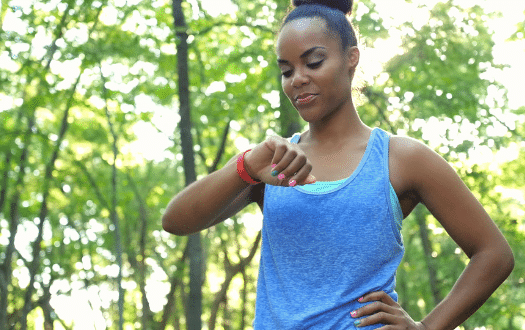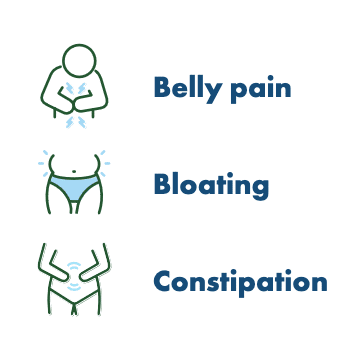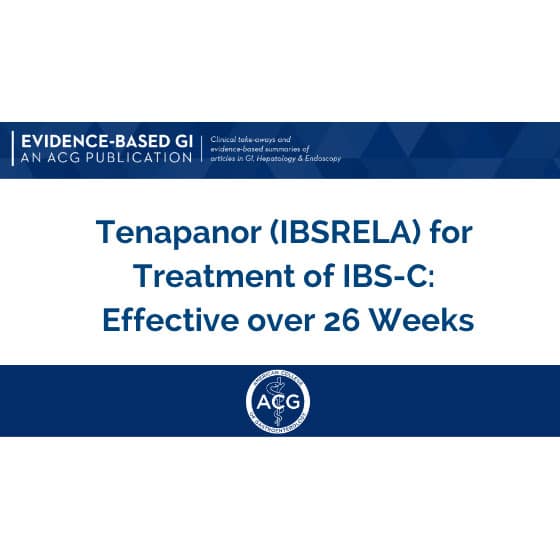How to Become a Gut Health “Biohacker”
Are you a health biohacker?
While the term biohacker can sometimes conjure up images of a human and a machine fused together,
we prefer to use the term in a far less “sci-fi” kind of way.
For our purposes, a health biohacker is simply a person who uses data
to improve their health and wellbeing.
Intrigued? Here are a few ways to take a data-driven approach to your gut health!
Movement Trackers
Research suggests that exercise may change the microbiome in a positive way and can possibly lead to improvements in irritable bowel syndrome (IBS) symptoms.
If you are sitting for most of the workday, you need to be proactive about fitting movement and exercise into your life. This is where movement trackers can help!
Products such as the Fitbit or Apple Watch that can be worn around your wrist make it easy to track your movement throughout the day.
Having insights into your movement isn’t meant to cause guilt or shame, but is a way to keep yourself accountable to your goals. As with all data tracking, it’s essential to set attainable goals in the beginning and slowly work your way up.
It’s important to add movement into your day, but you should also make sure that you’re getting enough sleep at night.
Sleep Data
We touched on the importance of sleep for gut health in a recent article. Luckily, if you’re already wearing a movement tracker, there is a good chance that it tracks sleep as well. There are also sleeker options like the Oura Ring available if you don’t like the idea of wearing a watch to bed.
Collecting data about your sleep is great, but don’t forget to actually analyze it!
If you’re not getting enough sleep each night, you should consider why that is and start taking actionable steps to make changes towards better sleep.
Food and Symptom Journal
If you have a digestive condition and are trying to figure out your individual food triggers, keeping a food and symptom journal could be very helpful for you.
There are many apps available that can be used to track food and digestive symptoms. Two that are worth considering are Cara Care and mySymptoms.
We recommend working with a registered dietitian who can review your journal to help you find a way of eating that works best for you.
For some people, having data on sleep, movement, and digestive symptoms can show them where they need to make changes and will help them stay on track. But for others, having too much information can be overwhelming. If you’re ready to start your biohacking journey, go slow and start by tracking one thing at a time. Happy hacking!
References
- Monda, V., Villano, I., Messina, A., Valenzano, A., Esposito, T., Moscatelli, F., Viggiano, A., Cibelli, G., Chieffi, S., Monda, M., & Messina, G. (2017). Exercise Modifies the Gut Microbiota with Positive Health Effects. Oxidative medicine and cellular longevity, 2017, 3831972. https://doi.org/10.1155/2017/3831972
- Johannesson, E., Ringström, G., Abrahamsson, H., & Sadik, R. (2015). Intervention to increase physical activity in irritable bowel syndrome shows long-term positive effects. World journal of gastroenterology, 21(2), 600–608. https://doi.org/10.3748/wjg.v21.i2.600

Related Resources
May 7, 2020
Dear GI Doctors, Please Send Your Patients to a Registered Dietitian
As a registered dietitian (RD), I love working with gastroenterologists to help our patients find relief from their digestive symptoms.
February 22, 2021
Is IBS Keeping You Up At Night?
Is irritable bowel syndrome (IBS) keeping you up at night? Research suggests that IBS is associated with sleep disturbances and those with IBS may have trouble falling asleep or staying asleep. Let’s unpack the reasons why IBS may be disturbing your sleep and discuss what you can do about it!
May 8, 2020
How to Keep IBS from Ruining Your Relationship with Food
Instead of letting your irritable bowel syndrome (IBS) diet control your life and potentially ruin your relationship with food, follow these steps to set yourself up for success!
May 1, 2018
Chronic IBS or Abdominal Pain? Ten Tips for Self-Management from Dr. Drossman
In this article Dr. Drossman discusses several things you can do to help take control of the management of your pain and other symptoms.
Listen to our
latest Podcast!










